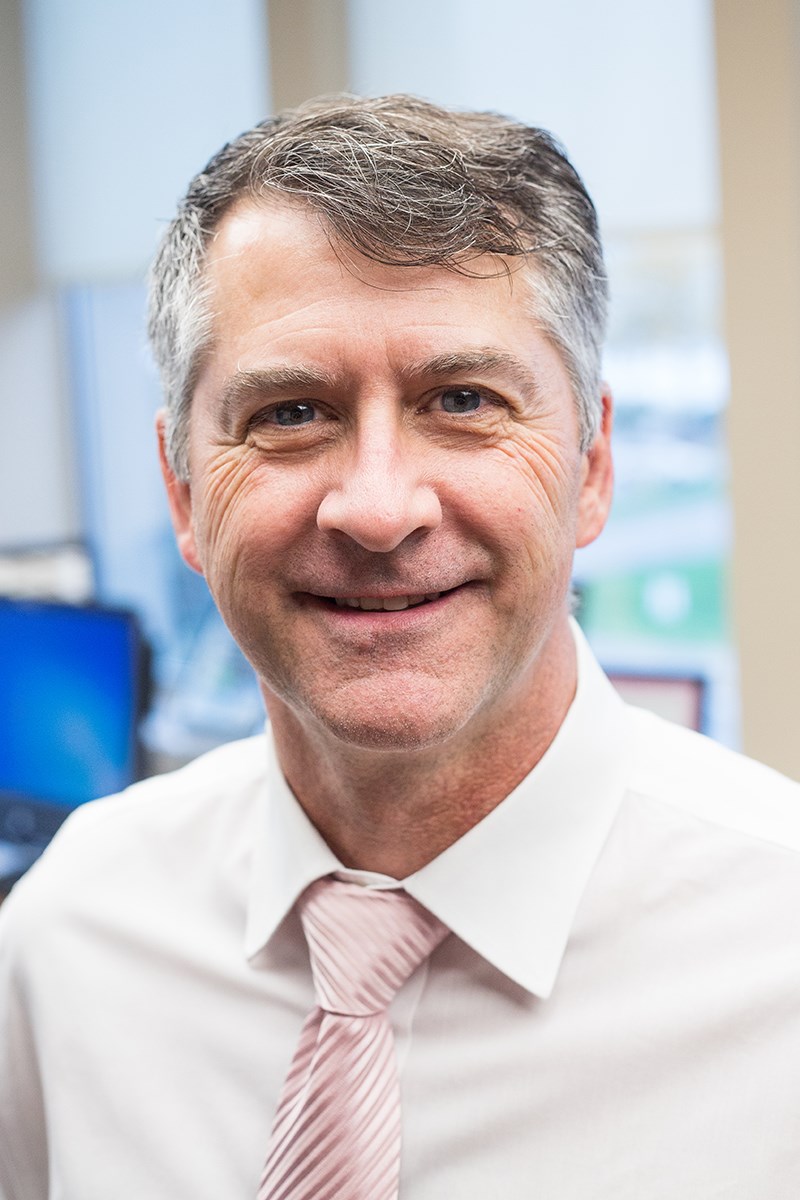Troy Shantz
Despite the isolationist rhetoric coming out of the Trump administration, Canada and the U.S. remain close partners and friends at the municipal level, says the head of the Great Lakes and St. Lawrence Cities Initiative.
“To the extent possible, you ignore what’s going on in Washington because a lot of it is just for show,” said John Dickert.
The former mayor of Racine, Wisconsin is on a meeting tour with mayors around the Great Lakes and stopped in last week at the office of Sarnia Mayor Mike Bradley.
The Initiative, of which Sarnia is a 15-year member, encompasses 135 U.S and Canadian cities in the Great Lakes basin. Collectively, they represent the region’s environmental and economic interests while lobbying and informing senior governments.
“I also learn what the mayors’ priorities are,” said Dickert, the group’s president and CEO.
At the annual Great Lakes and St. Lawrence Cities Initiative conference earlier this year near Toronto, mayors from eight states and two provinces took the extraordinary step of issuing a statement condemning President Donald Trump’s isolationist trade and environmental policies.
Dickert said strong relationships forged at the municipal level are critical to protecting the region, which has enjoyed 200 years of peace and economic prosperity.
And that goes for environmental protection of the lakes as well, he added.
“We’re going to look at it from a very logical perspective. We really don’t care about the partisanship, we just care about the result.”
Mayor Bradley said he planned to discuss with Dickert a number of issues including waterfront development, pipelines, and the ongoing debate about transporting waste from the Bruce Nuclear Generating Station.
Dickert said Canada, by acknowledging and preparing for climate change, is “way ahead” of the U.S.
“We have work to do and we’re going to reach across whatever lines we have to make our cities efficient and effective.” he said.
